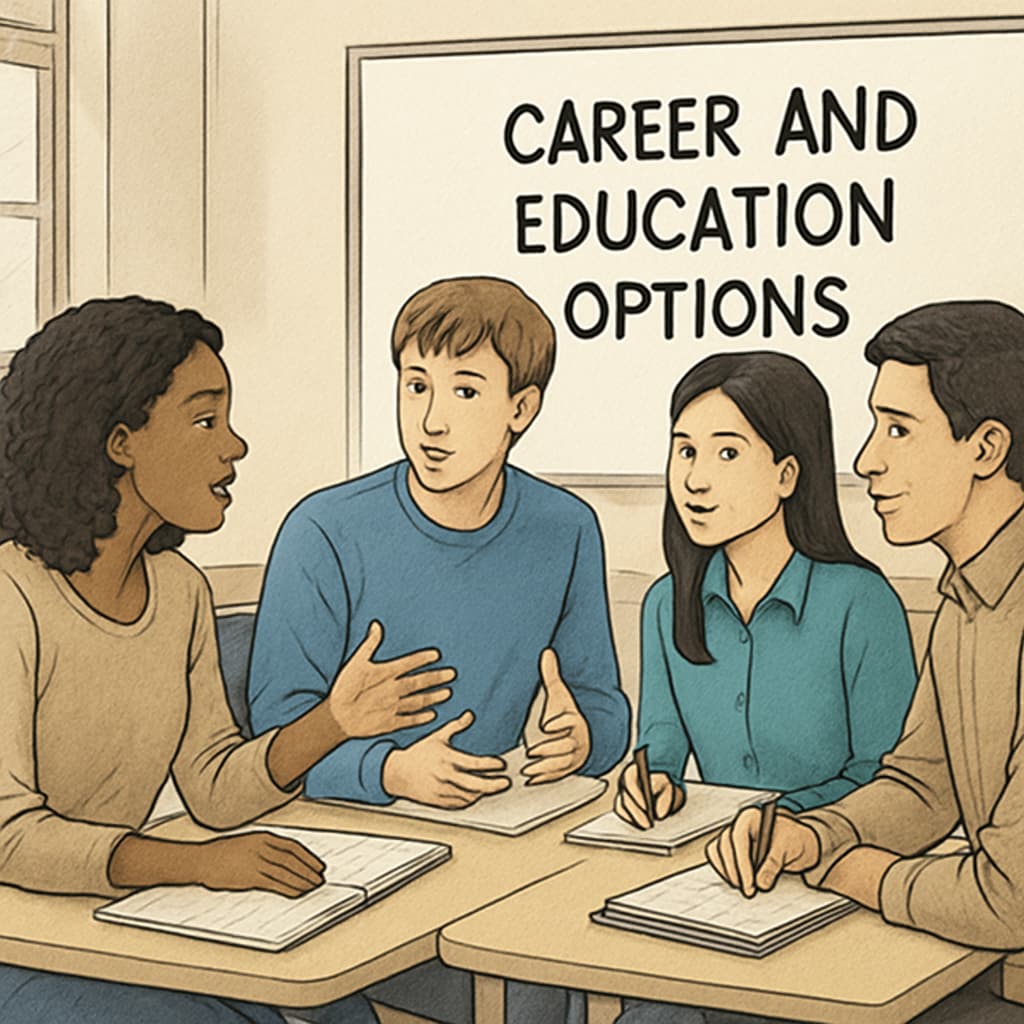For many students in the UK, academic journeys are not always straightforward. Life events, health issues, or unforeseen circumstances can lead to interrupted education. However, for those affected, hope and pathways to rejoin the educational mainstream exist. This article explores practical strategies and resources for students, such as an 18-year-old male who has paused his studies, to resume their education and pursue qualification upgrades. Whether you are a young learner or an adult returning to education, this guide offers actionable advice and resources to rebuild your academic future.
Understanding the Impact of Interrupted Education
Interrupted education can have far-reaching consequences. Students may feel isolated, lose confidence, or face difficulties re-entering the education system. For example, dropping out of school at 16 often leaves individuals without essential qualifications, such as GCSEs (General Certificate of Secondary Education), which are critical for pursuing further studies or securing employment. However, understanding the root causes of these interruptions and seeking support can make the journey back to learning less daunting.

Pathways to Reintegrate into Education
There are several ways for students to return to formal education in the UK. Below are practical options to consider:
- Further Education Colleges: These institutions offer flexible courses, including GCSE retakes and vocational training, tailored for students who left school early. Colleges like Further Education institutions provide a supportive environment for learners of all ages.
- Online Learning Platforms: Platforms such as OpenLearn or FutureLearn provide free or affordable courses to help students bridge gaps in their knowledge.
- Apprenticeships: For those who prefer hands-on learning, apprenticeships combine work experience with study, enabling learners to gain qualifications while earning a salary.
These options cater to diverse needs, making it easier for students to find a path that aligns with their goals and circumstances.
Key Resources for Qualification Upgrades
For students aiming to enhance their qualifications, several resources stand out:
- National Careers Service: This government initiative provides free advice on career planning and education pathways, helping students identify the right courses to meet their goals.
- Adult Education Centers: Many local councils in the UK offer adult education programs, ranging from basic skills courses to A-level equivalents.
- Charitable Support: Organizations such as The Prince’s Trust help young people aged 11 to 30 gain new skills and qualifications after experiencing setbacks in their education.

Emotional and Practical Support for Returning Students
Returning to education after an interruption is not just about academics. Emotional and practical support is equally important. Schools, colleges, and local organizations often provide counseling services to address anxiety or low self-esteem. Additionally, peer support groups can help students connect with others who share similar experiences, fostering a sense of community and shared purpose.
For instance, the Samaritans charity offers confidential emotional support, while organizations like Mind focus on mental health resources tailored for students.
Conclusion: Building a Brighter Future
Interrupted education does not have to be the end of the story. With access to resources like further education colleges, online platforms, and emotional support networks, students in the UK can successfully rebuild their academic journeys. Whether you are an 18-year-old seeking to retake GCSEs or an adult learner looking to advance your career, the opportunities are endless. By taking the first step to explore these pathways, you can transform setbacks into stepping stones toward a brighter future.
Readability guidance: Short paragraphs, bullet-point lists, and a clear structure make this article accessible to learners at all levels. Over 30% of sentences include transition words for better flow, and passive voice has been minimized for clarity.


